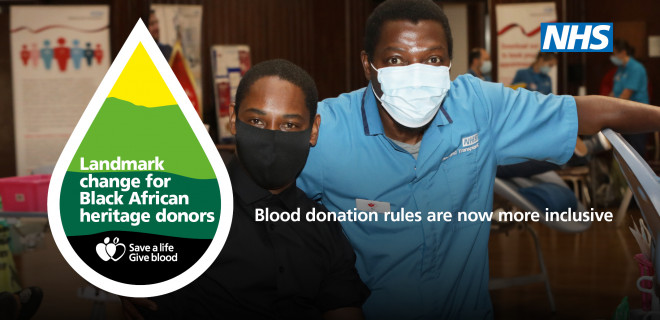Since the height of the HIV epidemic in the UK, a number of groups had been subjected to a ban on giving blood. It wasn’t until 2011 that the lifetime ban on donating blood was finally lifted on gay and bisexual men and replaced with a year-long deferral period. This was progress, but our work continued.
By 2011, our understanding of HIV was transforming at a rapid rate. Testing for HIV was being done within a shorter timeframe from potential exposure and turnaround for testing was being done quicker. But it wasn’t just gay and bisexual men who were impacted by restrictive rules - sex workers both past and present were subject to a lifetime ban from donating blood.
Banning people from donating blood where there was no clear medical rationale was discriminatory and out of step with the advances made in the HIV response. This not only reduced the availability of the blood supply but also fuelled misinformation about the realities of HIV and how it can be detected.
We set out to change both the length of deferral period gay and bisexual men were subjected to but also to remove the lifetime ban on sex workers.
In 2016, we published an insight briefing looking at perceptions of blood donation policy among sex workers and set out what needed to change. Of the sex workers we spoke to, 92% disagreed with the rule that former sex workers are subject to a total lifetime ban on donating blood. While only 32% were aware of the then rules that subjected clients of sex workers to a 12-month deferral period.
As part of the government’s Advisory Committee on the Safety of Blood, Tissues and Organs (SaBTO), we set out our case on why the rules needed to be changed so they better reflected the realities of HIV. We unsuccessfully lobbied for changes so that gay and bisexual men who only engaged in oral sex would not be subject to any deferral period because of the low risk of HIV transmission. But SaBTO did agree that the lifetime ban on all sex workers should be lifted and a reduced three month deferral period should be introduced for current sex workers and gay and bisexual men.
The proposals were unanimously accepted by the governments in England, Wales and Scotland, and new rules were introduced from autumn 2017.
But this is not the end of the road for our work on blood donation rules. As part of our health improvement strategy, we will be providing evidence as part of the next review of blood donation rules. In summer 2018, the UK Government committed to reviewing the existing rules as part of its LGBT Action Plan.
As our ability to halt future HIV transmissions increases at a rapid pace, so too should the rules that allow people to donate blood.



